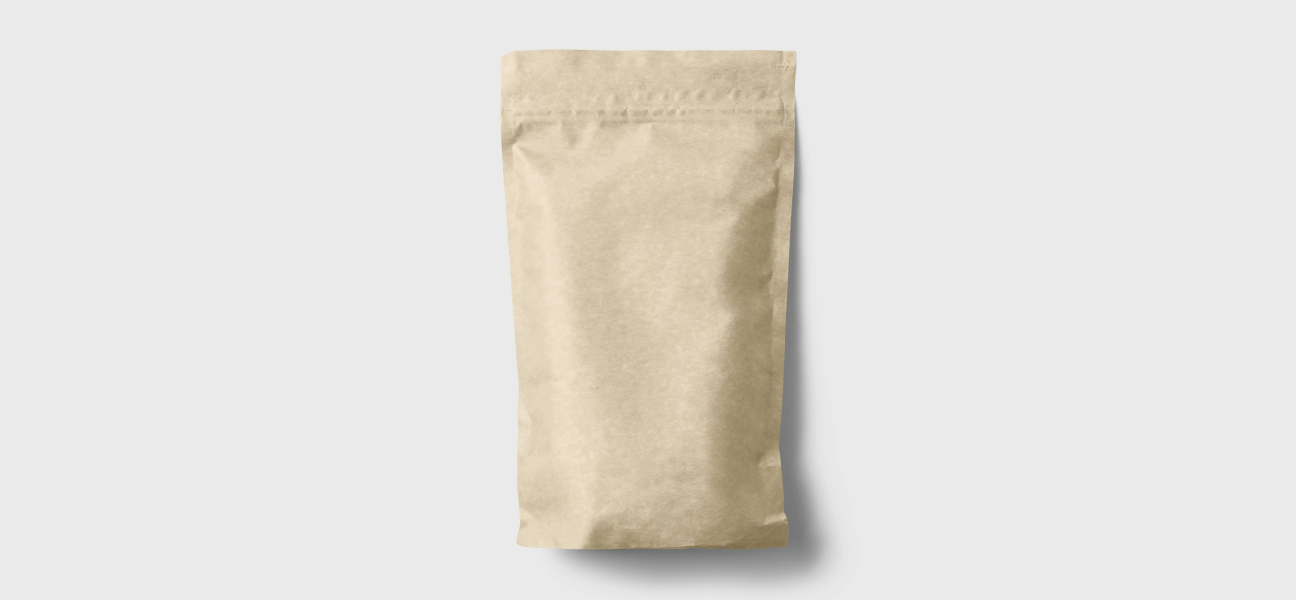
Private label food packaging is not just a cover; it is a key part of a brand's identity. It helps attract customers and ensures the product meets food safety laws. For businesses starting or growing a private label, packaging is one of the most noticeable and flexible parts of the product.
Even if the ingredients are similar, packaging allows brands to stand out. A well-designed package can catch shoppers' eyes, build trust, and help set a higher price. As private label brands grow in stores, online, and at wholesalers, the need for effective, attractive, and compliant packaging has never been greater.
Private label food manufacturers act as complete partners. They handle production, choose packaging, source materials, customize products, and manage the entire process. This helps companies that don’t have their own packaging resources.
These manufacturers make it easier to go from an idea to a finished product on the shelf. They choose the right format and materials, apply custom labels, and make sure everything meets regulations.
One of the first steps in creating private label food products is picking the right packaging. For store products, common choices are jars, bottles, tubs, and stand-up pouches. The choice often depends on what the product is, how long it lasts, and what customers expect.
For B2B and foodservice, bigger packaging like 25-kilogram bags, big bags, and drums is often better. Manufacturers with flexible filling lines can handle different packaging types for various sales channels. No matter if the customer is a supermarket, retail brand, or restaurant, packaging needs to work well, protect the product, and match the brand.
Packaging is the first thing buyers see in private label food products. That’s why custom branding is so important. Private label manufacturers usually help clients create custom labels, color schemes, and packaging designs that match their brand and audience.
This process often includes help with layout design, barcode placement, checking claims, and changing labels for different languages. Good packaging does more than protect the product; it also helps it stand out.
All packaging for private label food must follow safety rules, both local and international. In the EU, this means following Regulation 1169/2011 for food labeling. In the United States, it means meeting FDA requirements. The materials used for packaging must also be safe so they do not harm the food or change its quality.
Private label manufacturers make sure of this by including safety checks in their packaging processes, keeping complete records, and having regular inspections. Labels must show correct details about ingredients, allergens, nutritional values, and shelf life. The packaging materials should be safe for direct contact with food and suitable for the specific product.
A growing worry in food packaging is the risk of contamination from MOSH (Mineral Oil Saturated Hydrocarbons) and MOAH (Mineral Oil Aromatic Hydrocarbons). These chemicals can come from packaging, especially recycled cardboard or printed inks.
MOSH can build up in our bodies over time, and MOAH might cause cancer. While we are still learning about these substances, food safety officials in Europe are paying more attention. The European Food Safety Authority (EFSA) wants to set limits and have stricter rules. Germany has even suggested specific limits.
For private label brands, it’s important to work with packaging suppliers and co-packers who know these risks. They should use low-MOAH inks, special barrier layers, and safe packaging materials that follow current safety rules.
Sustainability is now important for brands when choosing packaging. Companies want options that cut down on waste, use renewable materials, or are easier to recycle. Many manufacturers are responding by providing compostable films, recyclable pouches, and lighter packages that reduce transportation emissions. But eco-friendly packaging can have some risks, which you can read about in our article on The risks of eco-friendly food packaging.
Also, we see more smart packaging, like QR codes that show where products come from or labels that give usage tips and promotions. These features can build trust and get consumers more involved, especially for premium or health-focused products.
The success of a private label food product depends a lot on the packaging partner. Brands should find manufacturers or co-packers who have experience in their product category, offer various packaging choices, and have a good record in food safety.
With Nutrada's search engine, buyers can find and compare certified private label manufacturers. They can look at packaging types, certifications, regions, and production abilities. This helps businesses make smart choices and build lasting partnerships with reliable packaging providers.